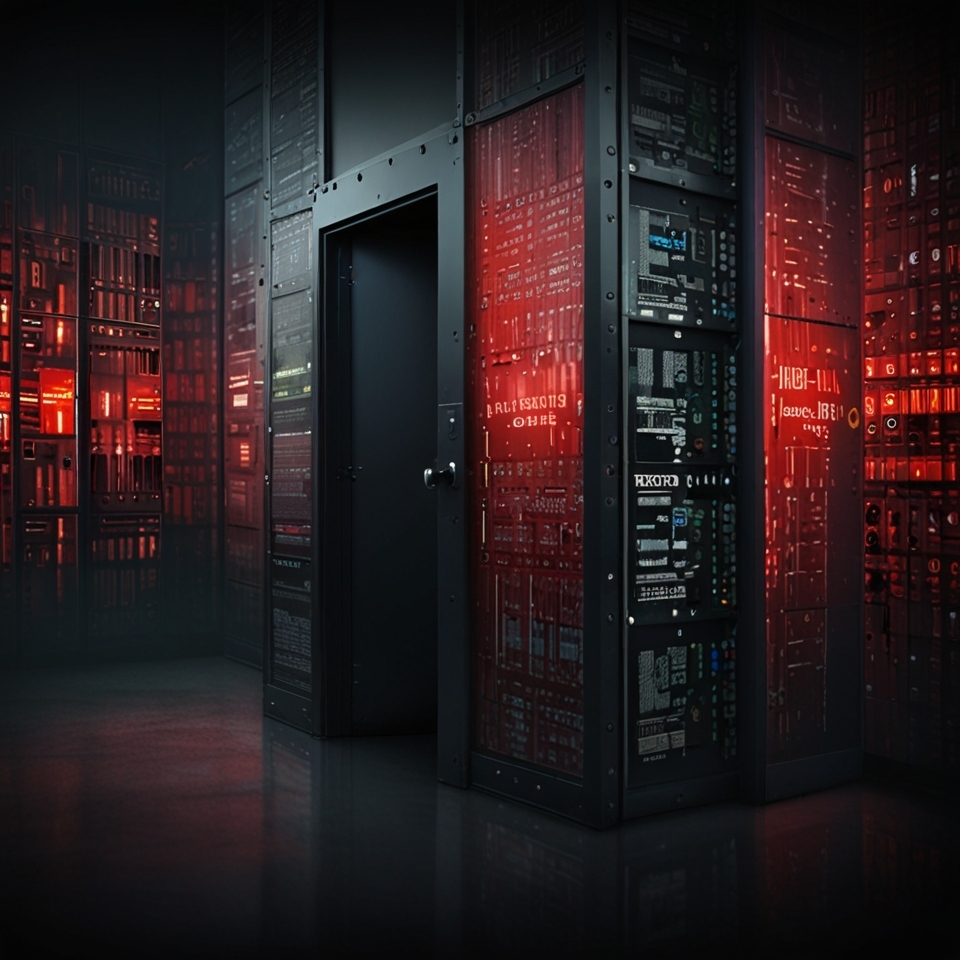In a joint warning, the Federal Bureau of Investigation (FBI) and the Cybersecurity and Infrastructure Security Agency (CISA) have highlighted the potential threat of Distributed Denial of Service (DDoS) attacks on election infrastructure as the US gears up for the 2024 general election. While these attacks could disrupt voter look-up tools and election-related services, the security and integrity of the election process remain intact.
DDoS attacks, often seen as low-level nuisances, involve flooding servers with traffic to slow down or render services inaccessible. Although they may hinder public access to information crucial for the electoral process, steps have been taken to ensure that these attacks do not impact the voting process itself.
Malicious actors, including state-sponsored threat groups, have historically used DDoS attacks to sow doubt and discord around US elections. Despite these attempts, authorities emphasize that the underlying data and internal systems remain secure, allowing eligible voters to cast their ballots without interference.
To combat potential disruptions caused by DDoS attacks, officials have implemented various safeguards, backup procedures, and incident response strategies. It is crucial for voters to rely on official sources for election-related information, such as voter registration details, polling locations, and final results, provided by state and local election authorities.
As the nation braces for the electoral season, maintaining vigilance against cyber threats is paramount. By staying informed, reporting suspicious activities, and cooperating with local officials, voters can play a crucial role in upholding the integrity of the democratic process in the face of evolving cybersecurity challenges.
In addition to the ongoing efforts to safeguard election infrastructure, public awareness and education about the potential risks posed by DDoS attacks are essential. Citizens should be encouraged to remain vigilant against cyber threats, understanding the significance of protecting the democratic process from malicious interference. This collective responsibility extends beyond election officials and law enforcement agencies; it requires active participation from individuals to maintain the integrity of the electoral system. By fostering a culture of cybersecurity awareness and readiness at both the individual and community levels, the electorate can contribute significantly to fortifying the resilience of the electoral process against emerging cyber threats.




